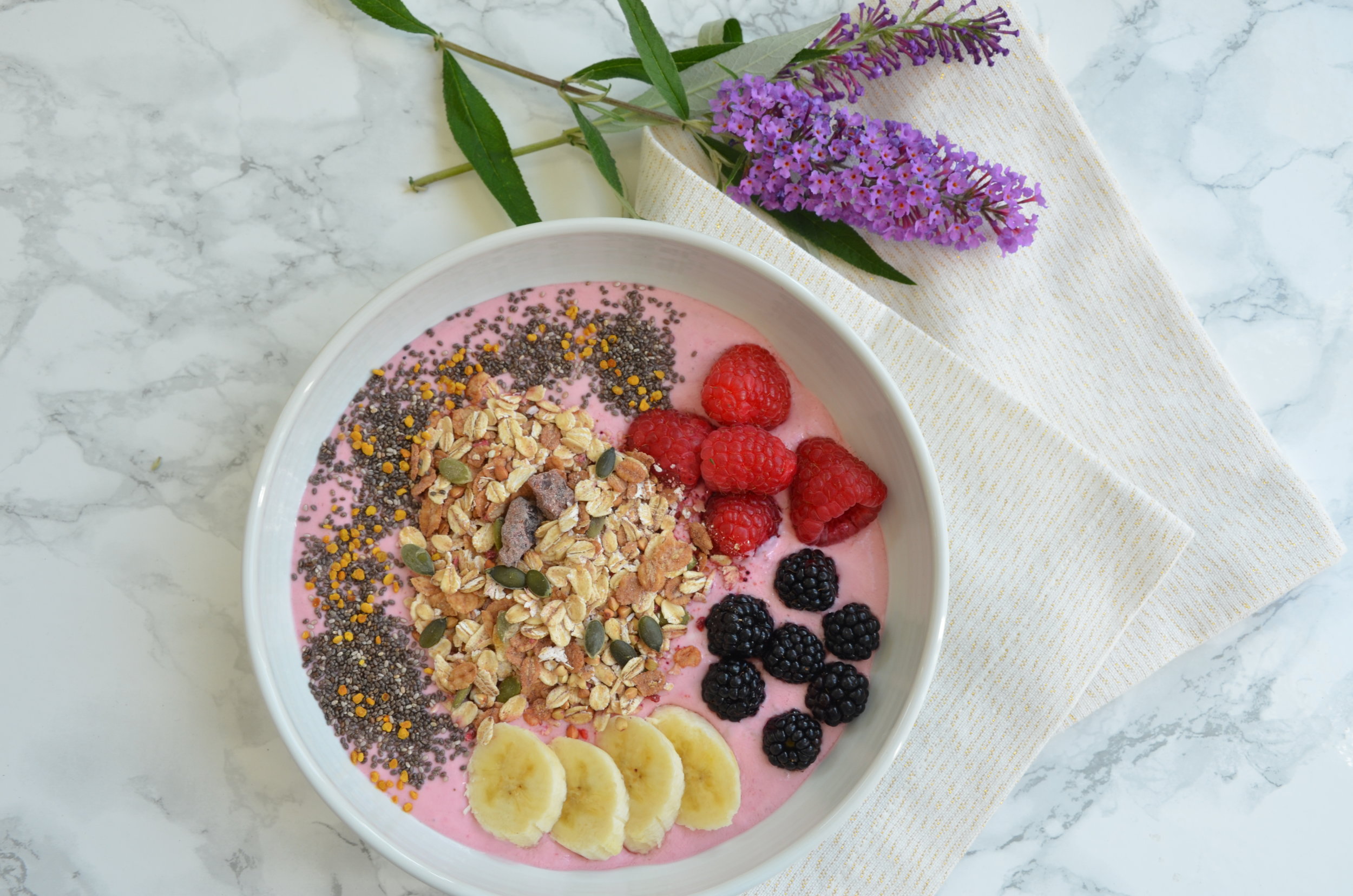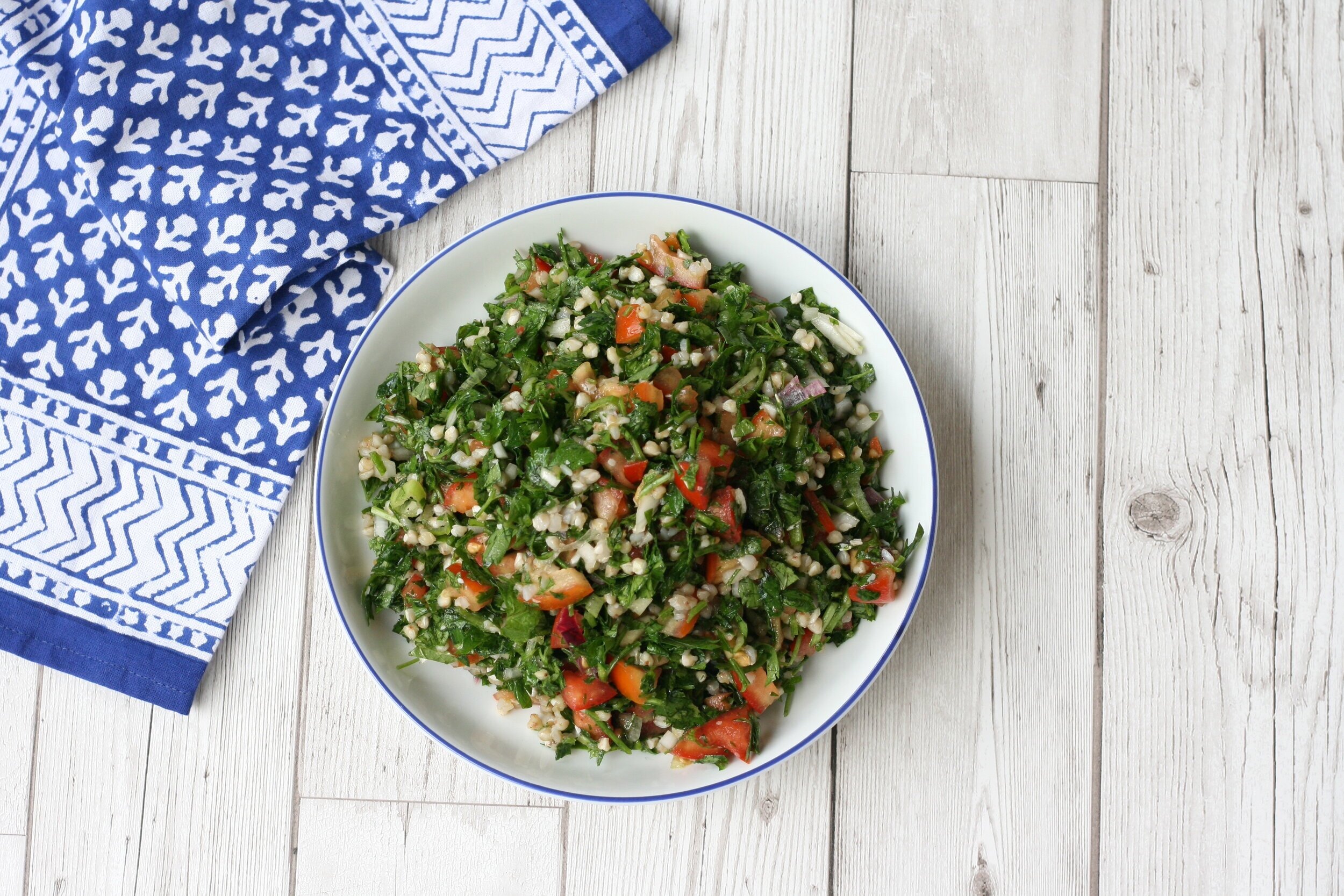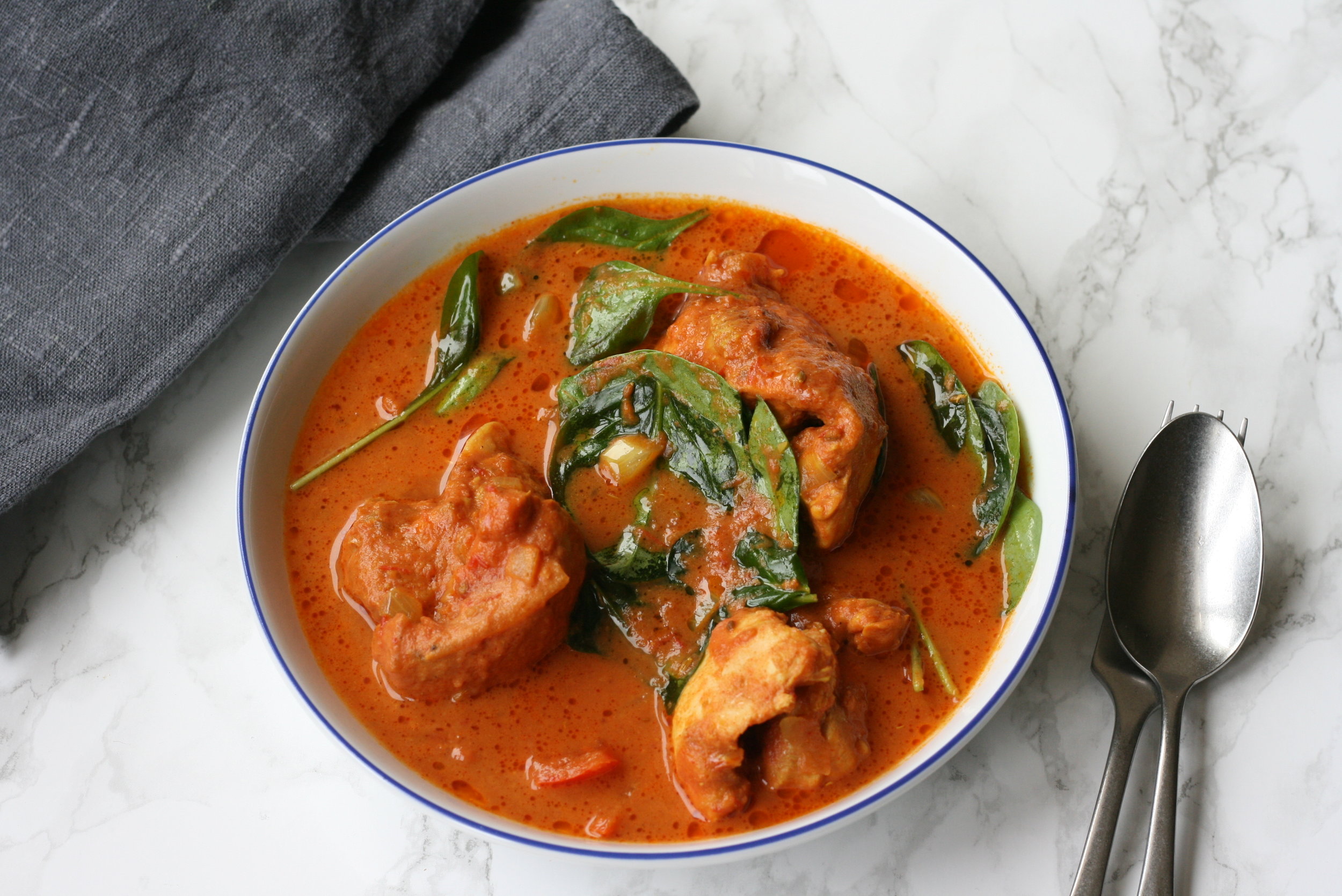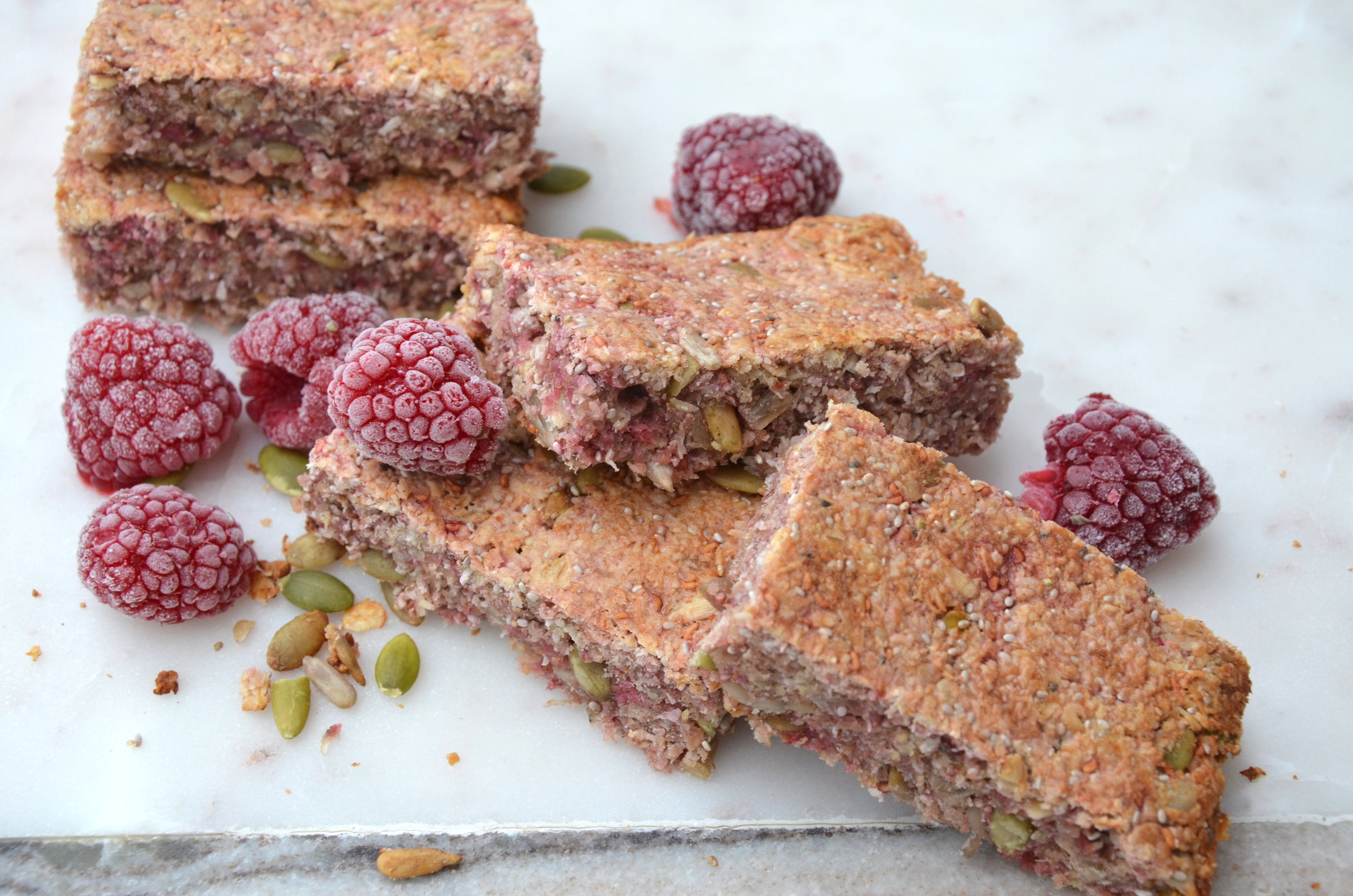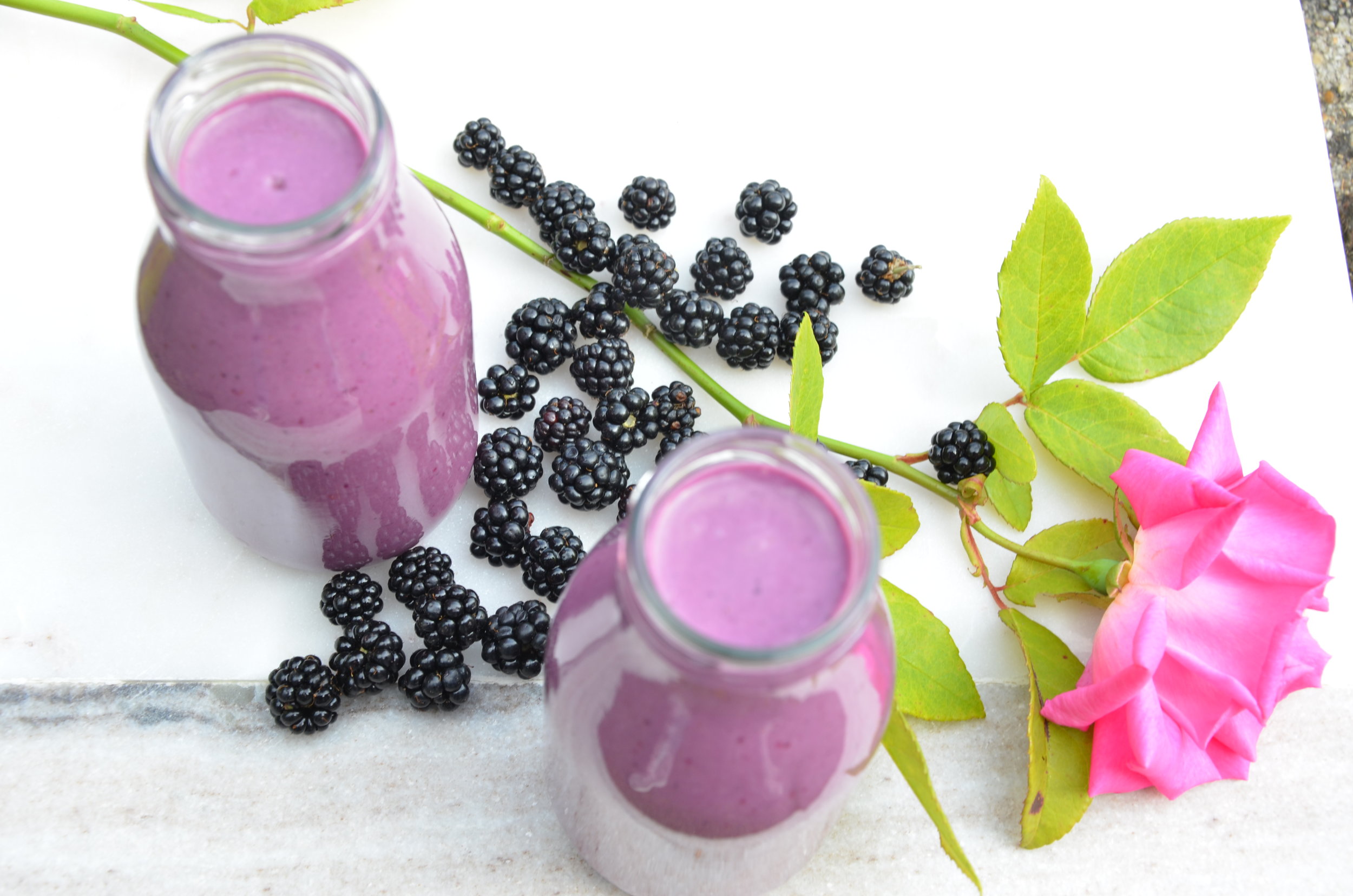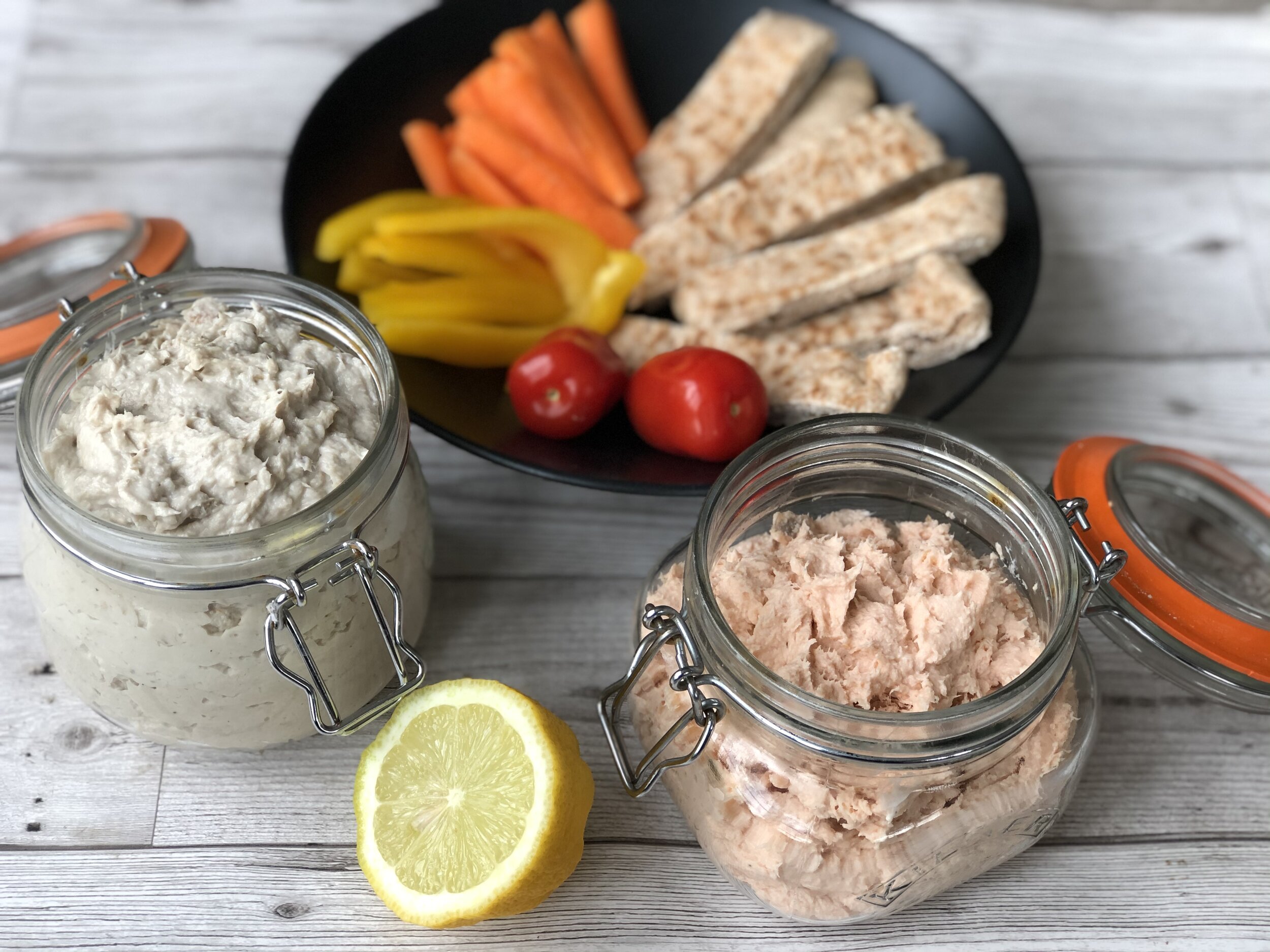Our top tips to help with exam stress
The summer months can be a fraught with stress with uni finals, A levels, GCSE’s and end of year exams for our teens (and us parents!). It is essential that we create some calm and provide our teens with some good nutrition during this time. This will help to ensure we nurture their brains so that we maximise its capacity and ensure good recall when in the exams.
Stable blood sugars
We want to ensure that we keep our energy levels stable throughout the day without peaks and dips. Blood sugar peaks and dips will leave our students feeling tired, hungry and irritable which we want to avoid. Stick to three meals a day with a good supply of protein, complex carbohydrates and vegetables.
Our brain can be hungry when revising so your teens might need some additional snacks outside the three meals - but make sure they make wise choices. Protein and some complex carbs will be much better that anything sugary. So think oat cakes and hummus; wholemeal toast with sardines; smoothie with protein; banana and nut butter or a boiled egg.
Avoid energy drinks. These usually contain a massive amount of sugar and caffeine and will cause a huge spike in blood sugars and then the inevitable blood sugar crash which will leave them feeling terrible. The worst of the energy drinks are Monster, Gatorade or Lucozade Sport.
Don’t skip breakfast
It can be difficult to get breakfast into teens, especially if they are stressed just before an exam. However if they go into an exam without breakfast then their brain just won’t have the energy to function or recall important facts. If they struggle with a big breakfast then ensure they have at least something such as avocado on wholemeal toast, a protein smoothie, some yoghurt with oats and berries. Think protein and fats - eggs, avocado, yoghurt or nut butter; fibre such as oats or wholemeal toast and then some fruit or vegetables for extra vitamins and minerals.
Protein
Our brain makes chemicals called neurotransmitters from the amino acids in protein. Protein also helps to keep our blood sugars stable and keep us fuller for longer. Good protein sources include meat, fish, eggs, nuts, seeds, dairy, beans, lentils, tofu and tempeh.
Omega-3 fatty acids
Our brains are 60% fat and so eating omega-3 fatty acids helps with the formation of new brain cells. In particular our brains need one omega-3 called DHA (docosahexanoic acid). This can be found in oily fish such as sardines, salmon and mackerel. Also in flaxseed, walnuts or chia seeds. If your child doesn’t like oily fish or seeds then you could consider an omega-3 supplement for the revision and exam period. Look for one high in DHA. I like the brand Bare Biology as they are usually higher in DHA.
Our family friendly salmon and coconut curry is a good way to encourage salmon into diets. Or you could make some chia seed breakfast pots such as our overnight mango and chia breakfast pot.
Foods rich in B-vitamins
The B vitamins help with energy and brain production and so we need to ensure adequate supply. Think wholegrains, meat, fish, eggs, nuts and seeds. A lot of the B vitamins are eroded with excess tea, coffee, alcohol, the use of the oral contraceptive pill and stress.
Foods rich in magnesium
Magnesium is known as the relaxing mineral, but is also essential for energy production. It is also involved as a co-factor in many enzymes of the body. If your child is having trouble sleeping or particularly stressed then ensure plenty of magnesium rich foods - dark green leafy vegetables, nuts (in particular almond, cashew and brazil) and seeds. You could also consider a magnesium supplement if still having sleep issues. Look for a supplement bound to glycine, taurate or citrate rather than carbonate or sulphate and take 300mg before bed.
hydration
We need to encourage our teens to drink water - not tea, coffee or fizzy drinks. Our brain contains 15 billion cells that hold 74% water and this is why we often feel sluggish when dehydrated. For those that are reluctant water drinkers flavour the water with herbs or fruit such as lemon and mint, or rosemary and blueberries. A small study found that those students that took water into the exam with them performed better than those that didn’t.
Exercise
Your teen might be tempted to skip exercise for extra revision time, however exercise has been shown to improve memory and brain activity in young adults. A quick walk around the block or a game of football with friends might just help them with their exams as well as providing some stress relief.
Sleep
Your teen might feel the need to stay up late and cram some last minute revision in. However being tired for the exam is not advised. A good night’s sleep will help them focus during the exam - but will also benefit their ability to recall important facts. However if they are stressed then they might find sleep more difficult during exam time as high cortisol levels can disrupt sleep. It’s important to keep to regular bedtimes; avoid electronic devices in the bedroom; avoid caffeine after lunch and ensure bedroom is dark and not too hot or cold. Taking a warm bath with some epsom salts in before bed might also help if sleep is proving difficult.
Good luck to all those taking exams this summer (and us parents trying to help!)
Research
Bring water into exams to improve grades: https://www.sciencedaily.com/releases/2012/04/120417221621.htm
Exercise Appears To Improve Brain Function Among Younger People: https://www.sciencedaily.com/releases/2006/12/061219122200.htm

